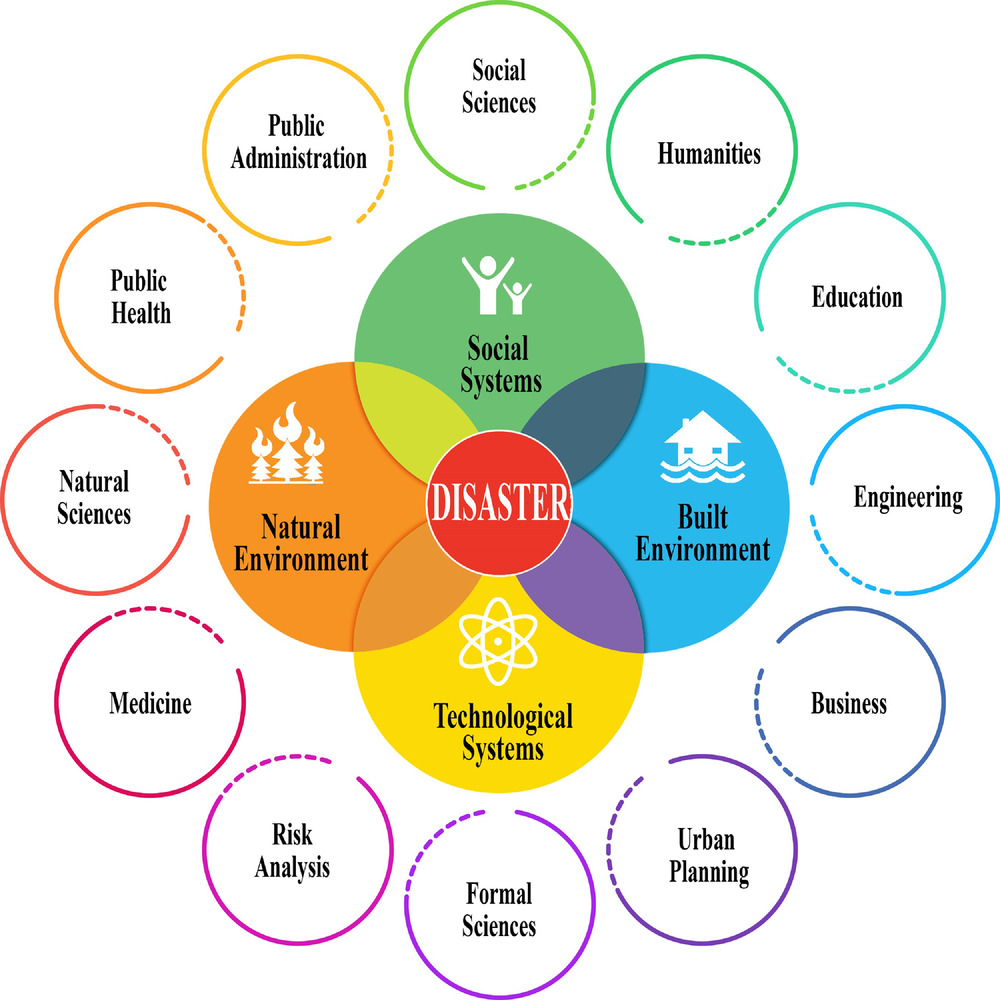
Exploring Interdisciplinary Approaches in Academic Writing
In the realm of academia, the pursuit of knowledge often transcends the boundaries of a single discipline. As the world becomes increasingly interconnected, the need for interdisciplinary approaches in academic writing has grown more pronounced. By integrating diverse perspectives and methodologies from various fields, researchers and scholars can develop a more comprehensive understanding of complex issues, paving the way for innovative solutions and groundbreaking discoveries. This article delves into the significance of interdisciplinary approaches in academic writing, highlighting their benefits, challenges, and best practices.

Understanding Interdisciplinarity: A Holistic Perspective
Interdisciplinarity is the collaboration or integration of knowledge and methodologies from different academic disciplines to address complex problems. Rather than focusing on isolated and narrow perspectives, interdisciplinary research encourages a holistic understanding of multifaceted issues. This approach emphasizes the importance of synthesizing insights from various fields, such as humanities, natural sciences, social sciences, and technology, to foster a more comprehensive and nuanced comprehension of contemporary challenges.
Benefits of Interdisciplinary Approaches in Academic Writing
- Enhanced Problem Solving: Interdisciplinary research promotes a comprehensive understanding of multifaceted problems, allowing scholars to devise holistic and effective solutions that may not be possible through a single-discipline approach.
- Innovation and Creativity: By fostering a blend of diverse ideas and methodologies, interdisciplinary collaboration encourages the development of innovative and creative solutions, leading to the exploration of uncharted territories and the emergence of new perspectives.
- Comprehensive Understanding: Interdisciplinary research enables scholars to gain a comprehensive understanding of complex phenomena by integrating insights from different disciplines, thereby facilitating a more holistic interpretation of the intricacies of real-world issues.
Challenges of Embracing Interdisciplinary Approaches
Despite the many advantages of interdisciplinary approaches, several challenges can impede their effective implementation:
- Communication Barriers: Different disciplines often use specialized jargon and methodologies, making effective communication between researchers from diverse backgrounds challenging.
- Integration of Methodologies: Combining methodologies from various disciplines can be complex, requiring researchers to carefully integrate different research paradigms and techniques.
- Institutional Constraints: Traditional academic structures may prioritize single-discipline research, posing institutional barriers to the acceptance and promotion of interdisciplinary work.
Best Practices for Successful Interdisciplinary Academic Writing
- Establishing Clear Objectives: Clearly define the research objectives and identify the specific disciplines that will contribute to the study.
- Effective Communication: Foster open communication and collaboration among researchers from different disciplines to ensure a shared understanding of research goals and methodologies.
- Respect for Diverse Perspectives: Encourage an inclusive environment that values diverse viewpoints and fosters mutual respect for different disciplinary perspectives.
- Bridging the Gap: Facilitate dialogue between disciplines by organizing interdisciplinary workshops, seminars, and conferences to promote knowledge exchange and collaboration.
- Flexibility and Adaptability: Remain open to adapting research methodologies and approaches to accommodate the complexities of interdisciplinary research.
Embracing the Interdisciplinary Future
In an era marked by rapid technological advancements and complex global challenges, the interdisciplinary approach in academic writing has become imperative. Embracing diverse perspectives and methodologies can lead to groundbreaking discoveries and innovative solutions that have the potential to reshape our understanding of the world. By transcending disciplinary boundaries, researchers and scholars can pave the way for a more integrated and holistic approach to academic inquiry, fostering a deeper understanding of the complex issues that define our contemporary world.



